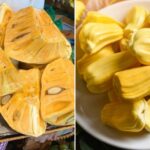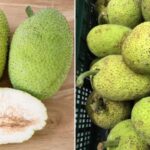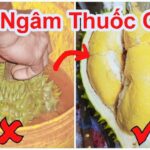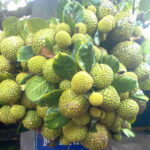Fresh fruit is an essential offering on ancestral altars during special occasions such as the 15th day of the lunar month, the 1st day of the month, Lunar New Year, and death anniversaries. Homeowners usually select aesthetically pleasing, delicious, and meaningful fruits or choose according to their preferences. However, not all fruits are suitable for ancestral offerings. Homeowners should avoid placing the following three types of fruits on the altar.
Fruits with Spikes and Strong Odor
When choosing fruits for the altar, homeowners consider not only the appearance but also the symbolic meaning of the fruits. Smooth-skinned, brightly colored, and fragrant fruits are often preferred, symbolizing luck, prosperity, and health.
Fruits with spikes and strong odors, such as jackfruit and durian, are generally not used for ancestral offerings. In folk belief, the spikes on the fruit represent difficulties and obstacles in life, bringing bad luck to family members. Moreover, the strong odor of these fruits can disrupt the serenity and solemnity of the worshipping space.
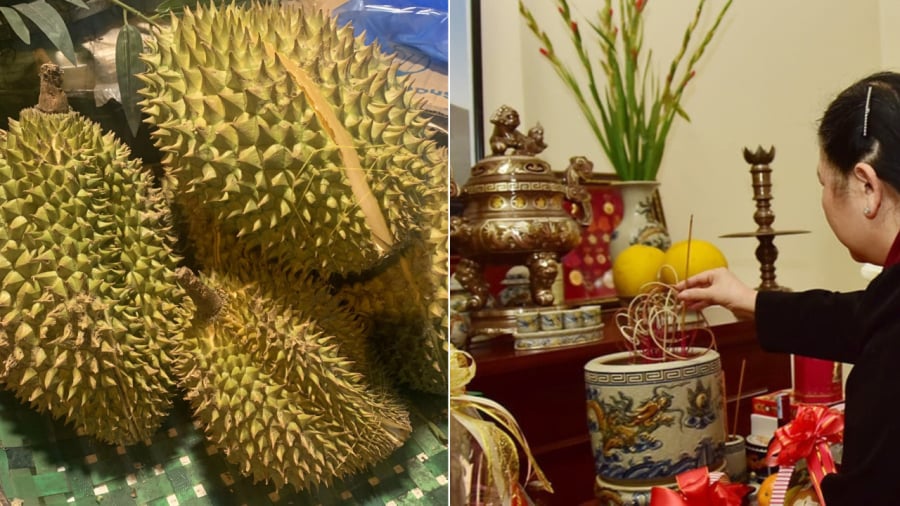
Bruised and Overripe Fruits
When purchasing fruits, it is essential to carefully select undamaged and unbruised fruits. Overripe or bruised fruits have altered flavors and can attract insects, compromising the hygiene of the worshipping area. Moreover, offering rotten fruits is considered inauspicious and a bad omen. Overripe fruits will also spoil quickly due to the heat generated from lighting lamps, candles, and incense during worship.
Homeowners should opt for intact and slightly ripe fruits that feel firm yet yield slightly to gentle pressure. These fruits not only taste delicious but also maintain their freshness and aesthetic appeal during the worship period.
Artificial Fruits
Artificial fruits are an absolute no-go on ancestral altars. While some may argue that deities only “partake in the essence” of the offerings, using artificial fruits is considered disrespectful and should be avoided. Today’s artificial fruits may look and feel similar to real ones, but placing them on the altar is still considered irreverent.
Using artificial fruits indicates a lack of sincerity in worship, disrupting the sacredness of this spiritual practice. Homeowners need not choose expensive fruits; fresh and delicious fruits are sufficient to show their respect and devotion.
Information is for reference only.
























